Translation and Codec Features Arrive in New Owncast 0.2.2 Release
Advertisement
The self-hosted live streaming platform Owncast has released version 0.2.2, marking a notable step forward in its evolution as a decentralized, open-source broadcasting tool. This new update introduces several strategic improvements, including initial support for interface translations, enhanced codec handling, and multiple backend optimizations.
While version 0.2.2 may appear as a minor release in terms of numerical progression, its feature set directly addresses accessibility, technical efficiency, and content delivery compatibility—three pillars critical to any modern live streaming experience. As the demand for independent broadcasting rises, Owncast strengthens its foundation to better serve a global and technically diverse user base.
Translation Support – Taking the First Step Toward Localization
One of the most notable features in version 0.2.2 is the initial support for translations, laying the groundwork for a fully multilingual interface. While not fully localized yet, this release introduces infrastructure that enables community-driven translations of the web interface, improving accessibility for non-English-speaking users.
This foundational update involves implementing internationalization (i18n) hooks into the interface, allowing contributors to begin translating interface strings into multiple languages. It signals the project’s intention to foster a more global community and lower the barrier for adoption around the world.
In future versions, expect expanded language packs and possibly region-specific settings. For now, developers and contributors are encouraged to join the translation effort by contributing to Owncast's repository, where localization files can be submitted or refined.
This development also presents a valuable opportunity for organizations and communities operating in non-English regions to adopt Owncast as a viable broadcasting tool. By enabling multilingual support, Owncast positions itself as more than just a technical platform—it becomes a culturally inclusive medium for global communication. Whether used for education, advocacy, entertainment, or local news, the potential for localized experiences adds long-term value to communities historically underserved by English-only platforms.
Codec Configuration Updates for Improved Compatibility

Another major enhancement in the 0.2.2 release focuses on media codec support. In previous versions, users occasionally faced issues related to stream playback, particularly across older browsers or less common devices. This update addresses those issues with refined codec configuration logic, which improves compatibility across a broader range of client environments.
The adjustments made in this version allow Owncast to serve content using codecs that are more efficient, widely supported, and better aligned with modern streaming protocols. It reduces the risk of playback interruptions, buffering, or incompatibility warnings, which have historically discouraged some users from adopting self-hosted platforms.
From a performance standpoint, the updated codec handling also contributes to reduced CPU and bandwidth usage. These optimizations are especially important for streamers running Owncast on limited-resource servers or edge devices, where every bit of processing efficiency translates to a more stable viewing experience.
The platform now handles fallbacks more gracefully, automatically adjusting streams to accommodate a broader range of viewer capabilities without requiring manual intervention from broadcasters.
Backend Optimizations and System-Level Enhancements
While the visible changes in Owncast 0.2.2 largely revolve around translation support and media delivery, several backend-level improvements play a crucial role in refining the platform’s overall performance and reliability.
Among the internal enhancements introduced in this release are:
- Reduced system resource usage: Optimizations to internal media handling processes result in more efficient CPU and memory utilization during streams.
- Improved error handling: The platform recovers more gracefully from unexpected interruptions, including malformed streams and unstable connections.
- Stream metadata accuracy: Updates to how Owncast collects and distributes metadata—such as viewer counts, stream titles, and descriptions—improve the reliability of real-time stats.
These updates are not immediately visible to the end-user but have a direct impact on the stability and maintainability of self-hosted instances. They also enhance the developer experience by making the codebase easier to work with and reducing the potential for unexpected behavior during extended uptime sessions.
By strengthening the backend, Owncast ensures it remains a dependable solution for both casual streamers and more demanding, persistent broadcasting setups.
Web Interface and Viewer Experience Tweaks
On the front-facing side, several minor yet meaningful tweaks have been made to the web-based viewer interface. While the interface retains its familiar design, users will notice improvements in responsiveness and load handling, particularly on low-bandwidth connections.
These refinements are the result of numerous bug fixes aimed at reducing unnecessary reloading, redundant API calls, and stream buffering delays. The net result is a cleaner, faster, and more stable experience for viewers, especially in scenarios where internet quality may be variable or suboptimal.
Owncast's web player has also been slightly refined to ensure better behavior when embedding, sharing, or viewing in different aspect ratios and screen sizes. These changes make the platform more adaptable across devices such as mobile phones, tablets, smart TVs, and desktops.
Continued Focus on Community and Open Development
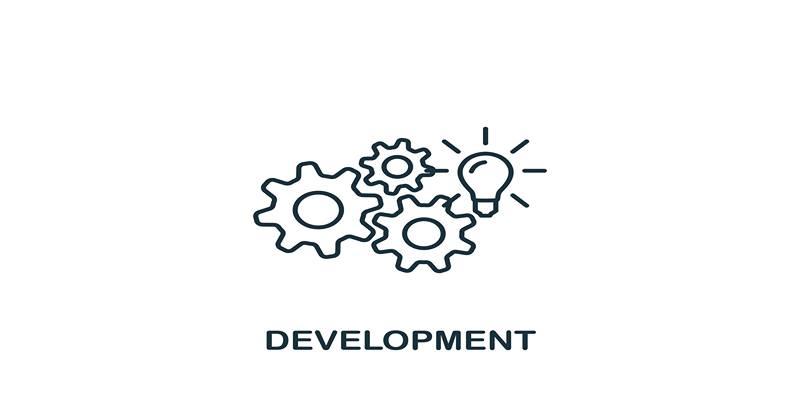
True to its open-source foundation, Owncast continues to place a strong emphasis on community-driven development. The 0.2.2 release reflects a wide array of contributions from developers and testers across the project’s GitHub ecosystem.
The introduction of translation support, for example, is being driven by community volunteers helping create language packs for regions worldwide. Similarly, codec and streaming enhancements are informed by real-world feedback from users who deploy Owncast across a range of hosting environments, from home servers to cloud-based containers.
This release underscores Owncast’s ongoing philosophy: to build a flexible and empowering tool for content creators without placing them at the mercy of centralized platforms. The project maintains active documentation, public roadmaps, and inclusive contribution channels to ensure the platform continues to evolve in step with its user base.
Conclusion
Owncast version 0.2.2 represents more than a routine maintenance release. It signifies the platform’s commitment to being a truly global, technically resilient, and community-owned streaming tool. With improved codec support, the early stages of multilingual accessibility, and a range of performance fixes, this update makes self-hosted streaming easier, more efficient, and more welcoming than ever before.
Broadcasters, developers, and community organizers seeking greater control over their content now have more reasons to consider Owncast as an experiment and a long-term broadcasting solution.
Advertisement
Related Articles
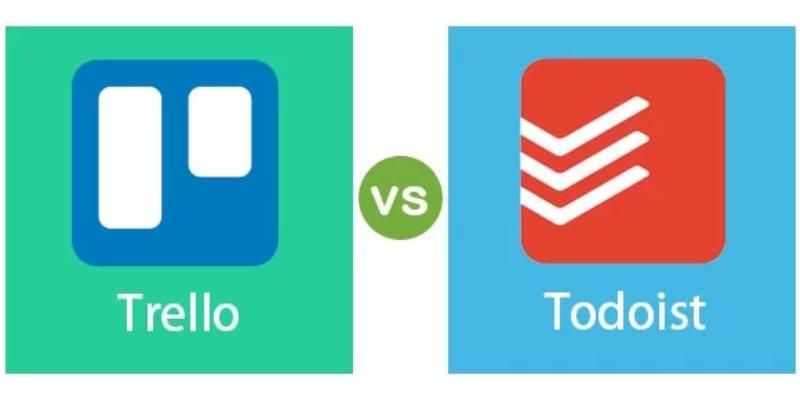
Trello vs. Todoist: Which Should You Use in 2025 for Tasks?
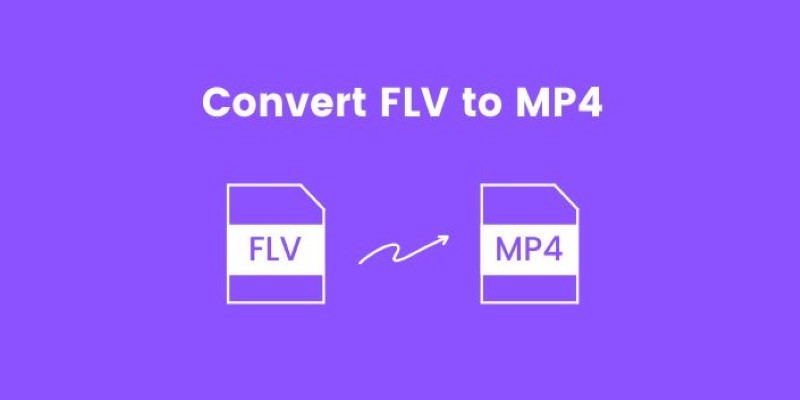
How to Convert FLV to MP4 for Free: Top Tools and Easy Methods
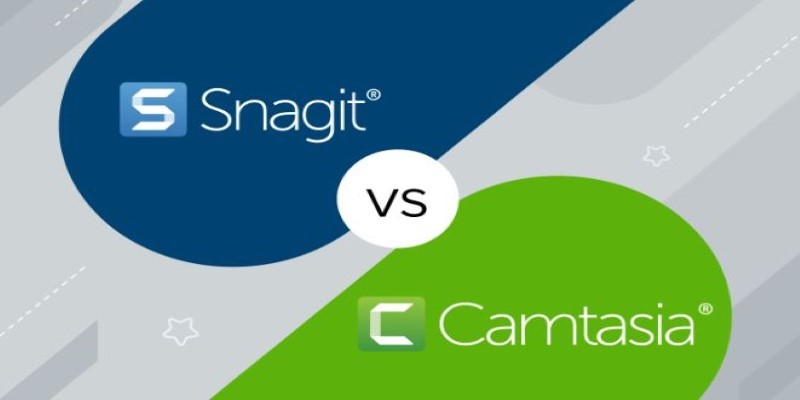
Snagit vs Camtasia: Choosing the Right Tool for Your Screen Capture and Video Editing Needs

Best Video Makers for iPhone: Complete List of Top Editing Tools
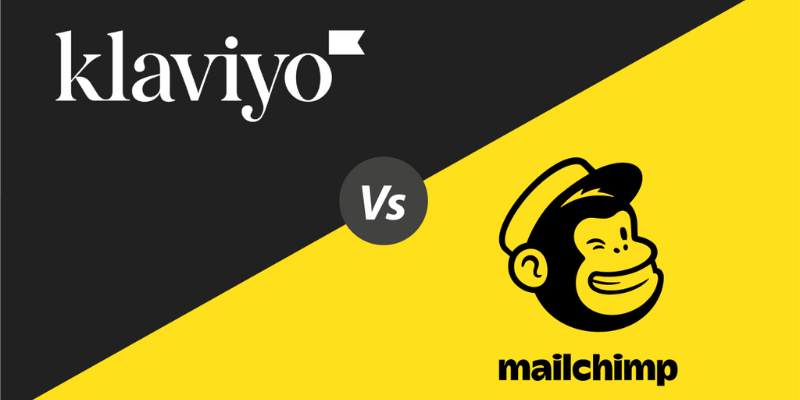
Klaviyo vs. Mailchimp: Best Email Marketing App in 2025
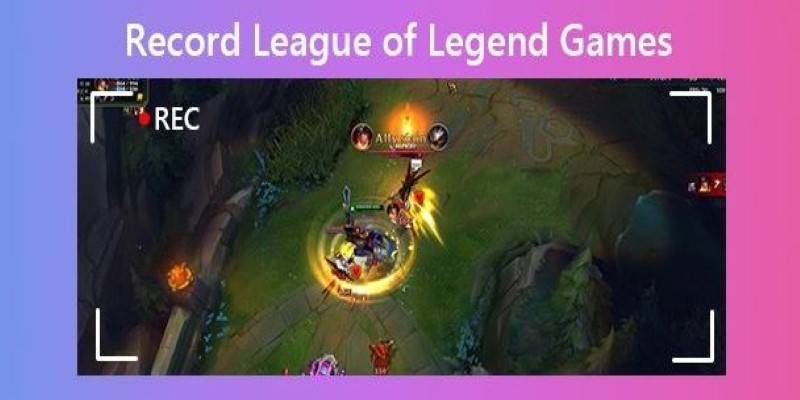
Master the Art of Recording Your League of Legends Gameplay

How to Make Your Videos Look Stunning: 3 Simple Ways to Optimize Video Quality

Step-by-Step Guide to Creating a Group in Gmail
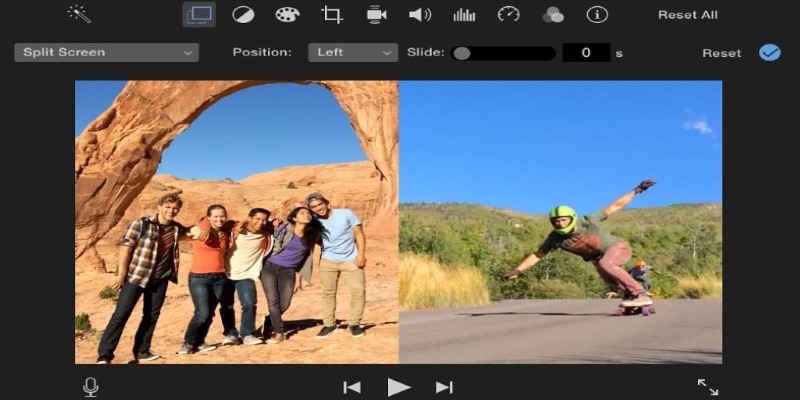
Mastering the Split Screen Effect in iMovie: A Beginner’s Guide

Discover How ActiveCampaign Reduced Its Churn Rate to 6% in 90 Days

Top 5 4K Monitors You’ll Love for Gaming, Work, and Beyond
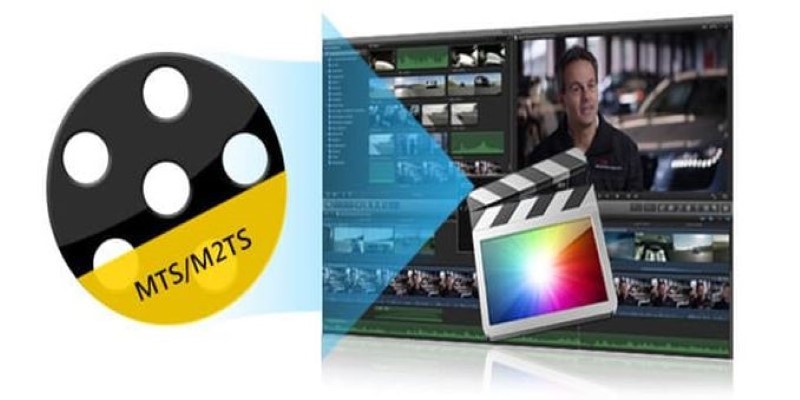
 novityinfo
novityinfo